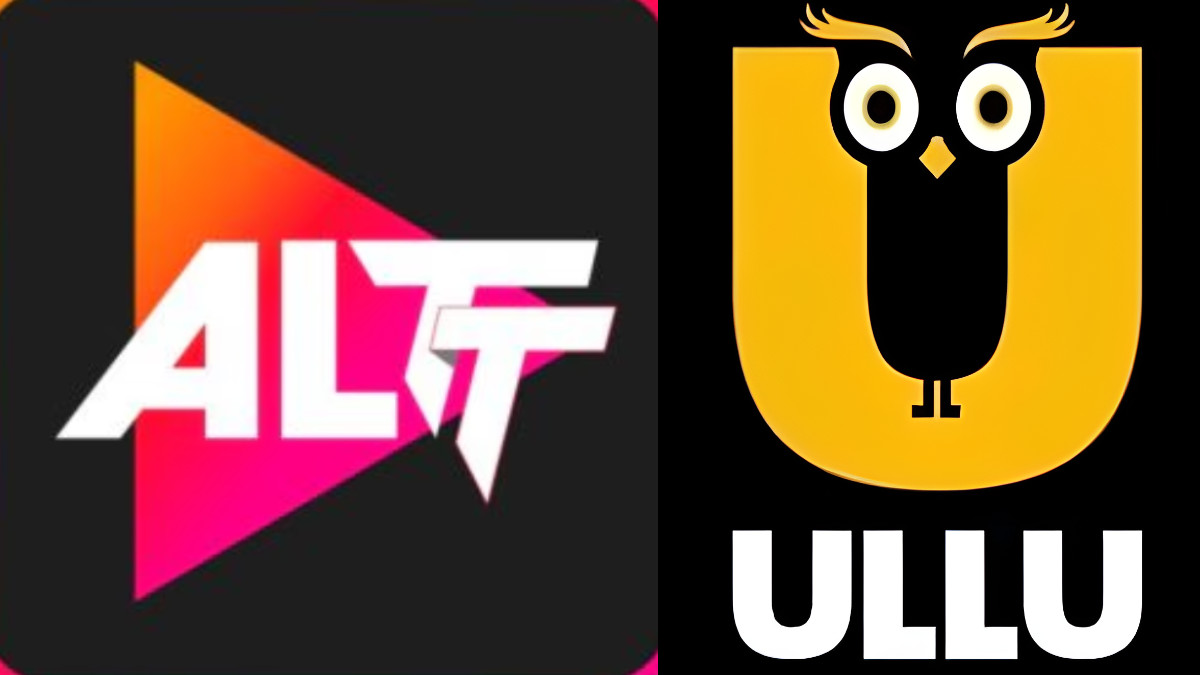In a significant move to curb the proliferation of vulgar and obscene content online, the Ministry of Information & Broadcasting (MIB), Government of India, has directed internet service providers (ISPs) across the country to block access to 25 Over-the-Top (OTT) platforms. The ban, issued on July 25, 2025, targets platforms accused of streaming sexually explicit, indecent, and offensive content that allegedly violates Indian laws.
This action marks one of the strongest crackdowns yet on independent OTT players in India, following a similar order in March 2024, where 18 platforms were taken down.
Legal Provisions Invoked
The platforms were found to be in violation of multiple laws, including:
-Section 67 and 67A of the Information Technology Act, 2000 – which penalize the electronic transmission of obscene material.
-Section 294 of the Bharatiya Nyaya Sanhita, 2023 – addressing obscene acts and songs in public.
-Section 4 of the Indecent Representation of Women (Prohibition) Act, 1986 – dealing with objectionable portrayal of women.
According to the Ministry’s statement, this move was undertaken after reviewing public complaints and analyzing the content on these platforms, which allegedly promoted material “repugnant to morality and decency.”
Platforms Banned
Some of the prominent OTT platforms blocked include:
-ULLU
-ALTT (formerly ALT Balaji)
-Big M Zoo
-Desiflix
-Prime Play
-Fliz Movies
-MoodX
-Dreams Films
-Nuefliks
-Hunters
-Watchoose, among others.
In total, 25 apps, their associated websites, and even their social media handles have been taken offline or made inaccessible within India.
MIB’s Justification
The MIB reportedly submitted a 90-page evidence report highlighting graphic sexual content, vulgar scenes, and indecent representation of women, which led to the enforcement order. It emphasized that such content not only breaches Indian laws but also has a detrimental effect on public decency and the digital ecosystem.
Industry Response & Public Reaction
The crackdown has received a mixed response:
-Media law experts have noted the legal backing for the move, especially under the IT Rules, 2021.
-Critics, however, have raised concerns about subjectivity in defining obscenity, and the potential chilling effect on creative freedom, especially for independent filmmakers and micro-budget creators.
-OTT audiences have taken to social media, with some praising the clean-up of “soft porn disguised as storytelling,” while others expressed concern over excessive government control over digital content.
Wider Regulatory Context
This action is part of a broader regulatory push by the Indian government to bring OTT platforms under stricter compliance through the proposed Broadcasting Services (Regulation) Bill, 2023, and to ensure alignment with community standards and national laws.
Disclaimer:
This summary is based on publicly available information from multiple reputable sources, including The Times of India, Business Standard, The Indian Express, The Hindu, Economic Times, Business Today, and Financial Express. While the list and interpretations are accurate as per reports available at the time of writing, official communication from the Ministry of Information & Broadcasting or the Department of Telecommunications (DoT) remains the final authority on enforcement matters.

